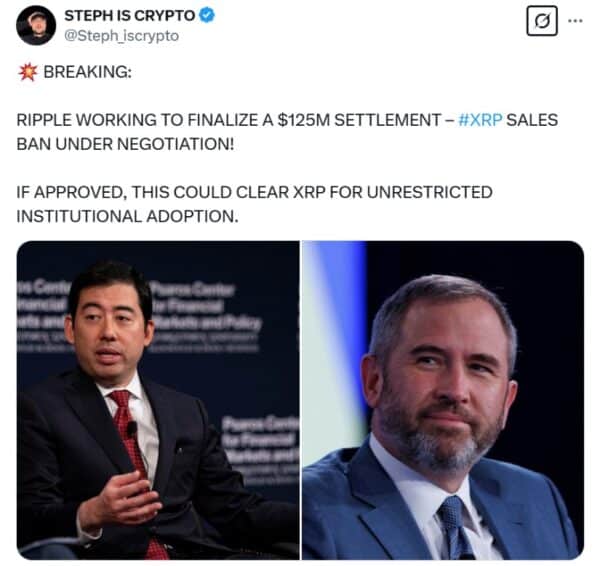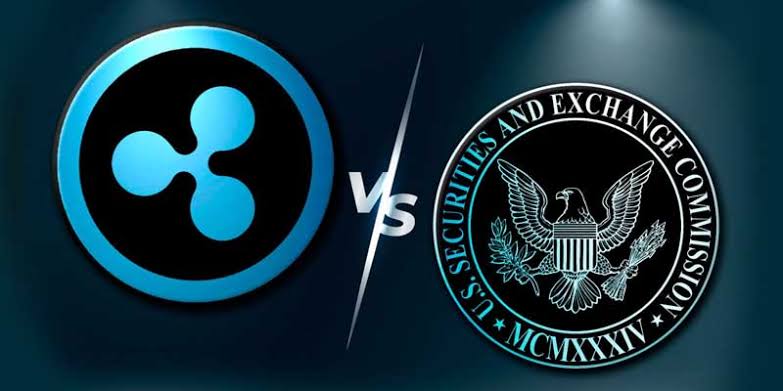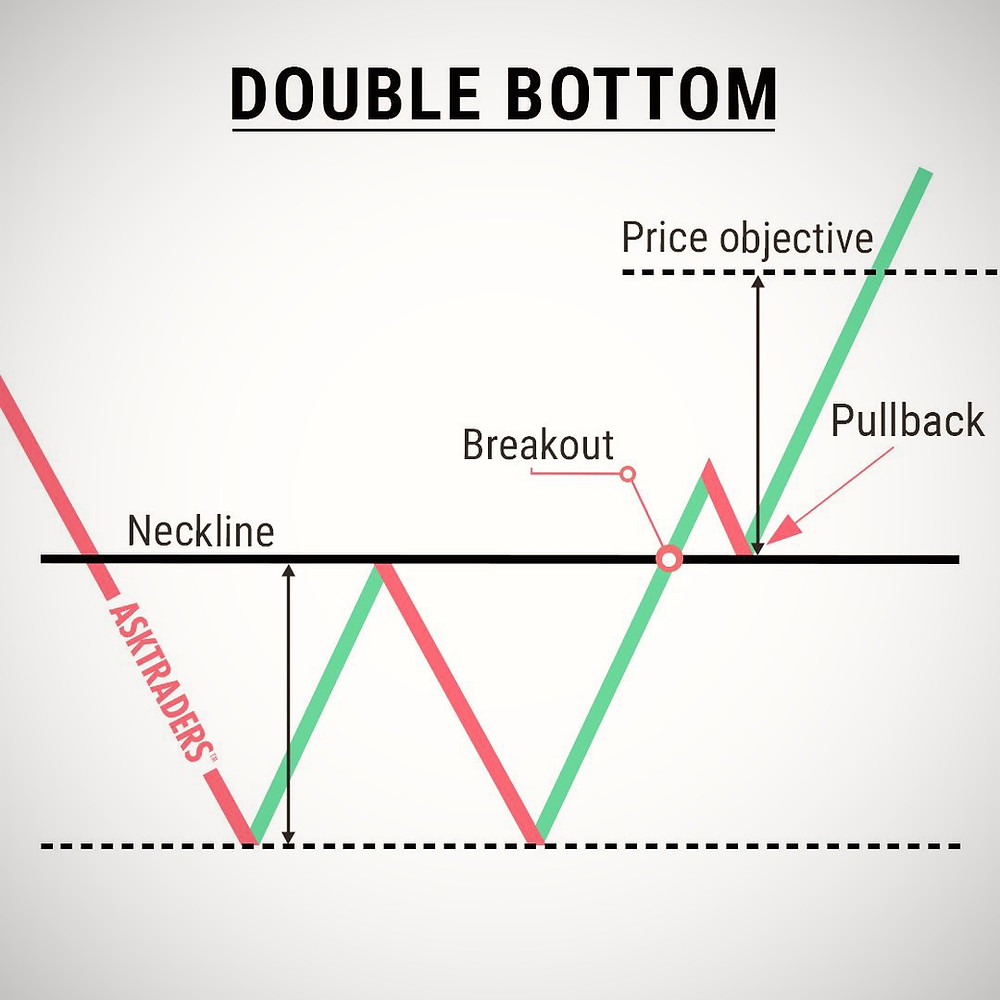From Vocal Advocate To Revised Strategy: Target's DEI Journey

Table of Contents
Target's Early DEI Initiatives and Public Perception
Target's early commitment to DEI was evident in various programs and partnerships. The company cultivated a public image aligned with progressive values, actively promoting inclusivity in its marketing campaigns and communications. This strategy resonated with a significant portion of its customer base, strengthening its brand perception as a socially responsible corporation.
- Early Programs: Target invested in initiatives aimed at increasing representation within its workforce, including targeted recruitment efforts and employee resource groups. They partnered with organizations dedicated to promoting diversity and inclusion in various sectors.
- Positive Public Reception: Their early efforts were widely praised, with many consumers associating Target with a commitment to social justice and equality. This positive brand association translated into increased customer loyalty and positive media coverage.
- Marketing and Communications: Target's marketing campaigns frequently featured diverse models and families, reflecting its stated commitment to inclusivity. This consistent messaging reinforced its DEI image.
- Awards and Recognition: The company received several awards and recognitions for its DEI work, further solidifying its reputation as a leader in corporate social responsibility.
The Backlash and Subsequent Re-evaluation
The positive perception surrounding Target's DEI efforts wasn't without its challenges. A significant backlash emerged following the release of their Pride collection in 2023, leading to decreased sales, boycotts, and intense public criticism.
- The Pride Collection Controversy: The introduction of the Pride collection, while intended to show support for the LGBTQ+ community, sparked considerable controversy and resulted in negative media attention and boycotts. This controversy highlighted the complexities of navigating social and political issues within a corporate framework.
- Negative Impact on Sales and Reputation: The resulting backlash had a measurable impact on Target's sales and brand reputation. The company experienced a significant drop in foot traffic and negative press coverage.
- Criticisms of Target's Approach: Critics argued that Target's DEI efforts were superficial, lacking genuine commitment and impacting negatively other customer segments. Some felt the messaging was tone-deaf or lacked understanding of diverse perspectives.
- Target's Response and Communication Changes: Target responded to the criticism by adjusting its communication strategy and emphasizing its commitment to inclusivity while attempting to address concerns regarding the Pride Collection. The company's response was closely scrutinized by the media and public.
Analyzing the Criticism and Identifying Shortcomings
The criticism leveled against Target's DEI initiatives revealed potential shortcomings in its approach. A deeper analysis revealed potential gaps between the company's public messaging and the lived experiences of its employees and customers.
- Specific Critiques: Critics pointed to a lack of diversity in leadership positions, concerns about pay equity, and a perceived disconnect between Target's public image and its internal practices.
- Implementation and Resources: Some argued that while the intentions were good, the strategies lacked sufficient resources and were not adequately implemented across all levels of the organization.
- Messaging vs. Reality: A significant critique focused on the potential disconnect between Target's messaging and the actual experiences of its employees and diverse customer segments. This lack of alignment eroded trust and damaged the company's credibility.
Target's Revised DEI Strategy and Future Direction
In response to the backlash and subsequent analysis, Target has undertaken a re-evaluation of its DEI strategy. While specific details of their revised approach may not be publicly available, it’s expected that the company is making adjustments to improve its long-term DEI goals.
- Changes in DEI Strategy: Target is likely implementing changes in its DEI programs, focusing on enhanced communication, more inclusive product lines, and improved internal policies to foster a more equitable work environment.
- New Initiatives and Programs: We anticipate new initiatives to address the concerns raised during the backlash, focusing on better understanding and responding to the needs of a diverse customer base and promoting inclusivity throughout its operations.
- Long-Term Commitment to DEI: Target's continued commitment to DEI will likely be demonstrated through increased transparency, robust internal audits, and a more proactive approach to social responsibility.
- Effectiveness and Sustainability: The ultimate success of the revised strategy will be measured by tangible improvements in diversity within its workforce, leadership, and product offerings, accompanied by demonstrably positive improvements in its relationships with a variety of customer segments.
Lessons Learned and Best Practices for Other Corporations
Target's experience provides valuable lessons for other corporations striving to create effective DEI strategies. The case study highlights the importance of authenticity, thorough planning, comprehensive implementation, and transparent communication.
- Key Lessons Learned: Businesses must prioritize authentic engagement, avoid tokenism, and actively listen to their employees and customers from diverse backgrounds. A holistic approach to DEI requires aligning internal practices with external communications.
- Best Practices for Effective DEI Strategies: Successful DEI initiatives necessitate strong leadership commitment, measurable goals, regular audits, appropriate resource allocation, and ongoing evaluation.
- Importance of Communication and Stakeholder Engagement: Open communication and engagement with all stakeholders, including employees, customers, and community groups, are critical for building trust and ensuring that DEI initiatives resonate authentically.
Conclusion
Target's DEI journey demonstrates the complexities of corporate social responsibility and the importance of adapting strategies to evolving social landscapes. While initial efforts garnered positive attention, recent controversies highlighted the need for nuanced and consistently implemented DEI initiatives. The company's response and subsequent adjustments will be crucial in shaping its future reputation and demonstrating a genuine commitment to diversity, equity, and inclusion. Understanding Target's evolving approach to DEI provides valuable insights for other businesses seeking to create meaningful and impactful diversity, equity, and inclusion programs. Learn from Target’s experiences and build a more effective Target DEI strategy for your own organization.

Featured Posts
-
 Boulangerie Normande Cadeau De Chocolat Au Premier Bebe 2024
May 01, 2025
Boulangerie Normande Cadeau De Chocolat Au Premier Bebe 2024
May 01, 2025 -
 Un Accompagnement Numerique Pour Vos Thes Dansants
May 01, 2025
Un Accompagnement Numerique Pour Vos Thes Dansants
May 01, 2025 -
 Prince William And Gail Porter Unite Against Homelessness In Scotland
May 01, 2025
Prince William And Gail Porter Unite Against Homelessness In Scotland
May 01, 2025 -
 Breda Stroomuitval 30 000 Klanten Treft Elektriciteitsstoring
May 01, 2025
Breda Stroomuitval 30 000 Klanten Treft Elektriciteitsstoring
May 01, 2025 -
 Channel 4 And Michael Sheen Face Legal Action Over Documentary
May 01, 2025
Channel 4 And Michael Sheen Face Legal Action Over Documentary
May 01, 2025
Latest Posts
-
 Is Xrp A Security Or A Commodity The Ripple Lawsuit And Settlement Implications
May 01, 2025
Is Xrp A Security Or A Commodity The Ripple Lawsuit And Settlement Implications
May 01, 2025 -
 Ripple Sec Lawsuit Impact Of Potential Xrp Commodity Designation On The Crypto Market
May 01, 2025
Ripple Sec Lawsuit Impact Of Potential Xrp Commodity Designation On The Crypto Market
May 01, 2025 -
 Xrp Momentum Builds Analyzing The Ripple Lawsuits Impact On Price And Etf Prospects
May 01, 2025
Xrp Momentum Builds Analyzing The Ripple Lawsuits Impact On Price And Etf Prospects
May 01, 2025 -
 Ripples Dubai License And Xrps Technical Breakout Updated Price Prediction
May 01, 2025
Ripples Dubai License And Xrps Technical Breakout Updated Price Prediction
May 01, 2025 -
 Xrp Commodity Classification Updates On The Ripple Sec Lawsuit And Settlement Negotiations
May 01, 2025
Xrp Commodity Classification Updates On The Ripple Sec Lawsuit And Settlement Negotiations
May 01, 2025
